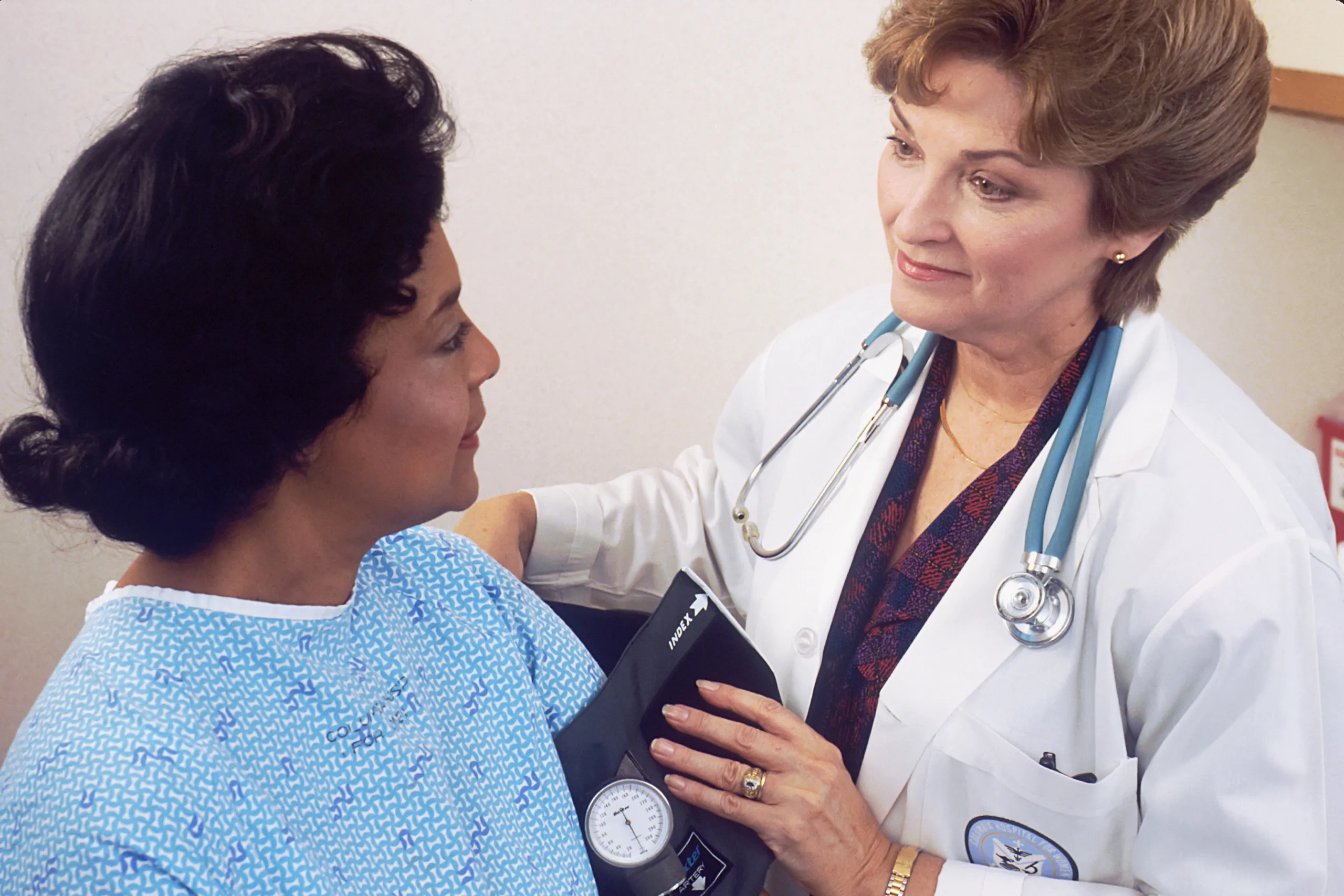High blood pressure, also known as hypertension, is a health concern that affects millions of people worldwide1. While it impacts both genders, women face unique challenges and risks associated with this condition2. This article aims to shed light on the importance of blood pressure management for women.
High Blood Pressure: A Silent Threat
High blood pressure is a condition where the force of blood against the artery walls is consistently too high3. It’s often dubbed the “silent killer” because it typically presents no symptoms until it has caused significant damage4. For women, the stakes are even higher. Hypertension can develop at any age and can lead to complications during pregnancy5. It’s crucial for women to be aware of their blood pressure levels and manage them effectively.
Recognizing the Warning Signs
While high blood pressure is often symptomless, some women may experience signs such as fatigue, low energy, sleep disturbances, hot flashes, fluid retention, headaches, blurred vision, or chest pain6. These symptoms should not be ignored, as they could indicate a rise in blood pressure levels.
Risk Factors and Prevalence
Several factors contribute to the development of high blood pressure. Unhealthy lifestyle habits such as poor diet, lack of exercise, smoking, and excessive alcohol consumption can increase the risk7. However, some risk factors are beyond our control, such as genetics and race8.
African American women, in particular, are at a higher risk9. Studies show that two-thirds of African American women in their 40s are affected by high blood pressure10. This statistic underscores the importance of regular blood pressure monitoring, especially for women in high-risk groups.
Taking Control of Your Health
Managing high blood pressure often begins with a conversation with a healthcare provider11. Regular check-ups can help detect high blood pressure early, and healthcare providers can offer advice on lifestyle changes and, if necessary, medication to help control blood pressure levels12.
Women can also take proactive steps towards managing their blood pressure. These include adopting a healthy diet, engaging in regular physical activity, maintaining a healthy weight, limiting alcohol consumption, and avoiding tobacco use13.
Conclusion
High blood pressure is a significant health concern for women14. By understanding the risks, recognizing the signs, and taking proactive steps towards management, women can reduce their risk of complications associated with high blood pressure15. Remember, it’s never too early or too late to start taking care of your heart health16.
References
Please note that this article simplifies the information and should not replace professional medical advice. Always consult with a healthcare provider forany health concerns.
Also, please note that you can delete your document at any point by visiting this link.
Footnotes
- National Heart, Lung, and Blood Institute. (n.d.). High Blood Pressure. Retrieved from https://www.nhlbi.nih.gov/health-topics/high-blood-pressure ↩
- National Heart, Lung, and Blood Institute. (n.d.). High Blood Pressure and Women. Retrieved from https://www.nhlbi.nih.gov/sites/default/files/publications/High%20Blood%20Pressure%20and%20Women%20fact%20sheet_508.pdf ↩
- Ibid. ↩
- Ibid. ↩
- Ibid. ↩
- Ibid. ↩
- Ibid. ↩
- Ibid. ↩
- Ibid. ↩
- Ibid. ↩
- Ibid. ↩
- Ibid. ↩
- Ibid. ↩
- Ibid. ↩
- Ibid. ↩
- Ibid. ↩

